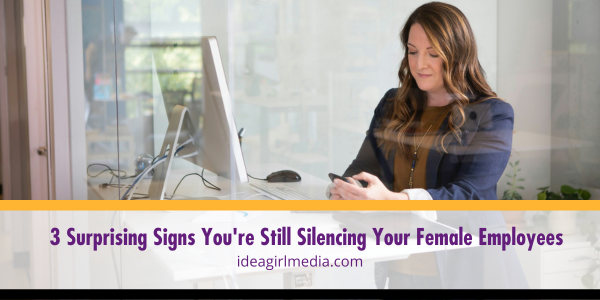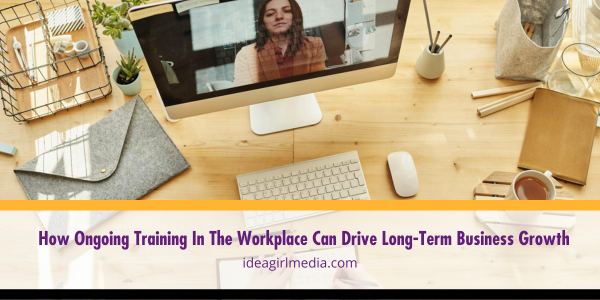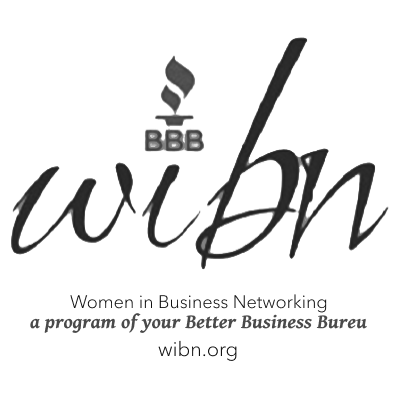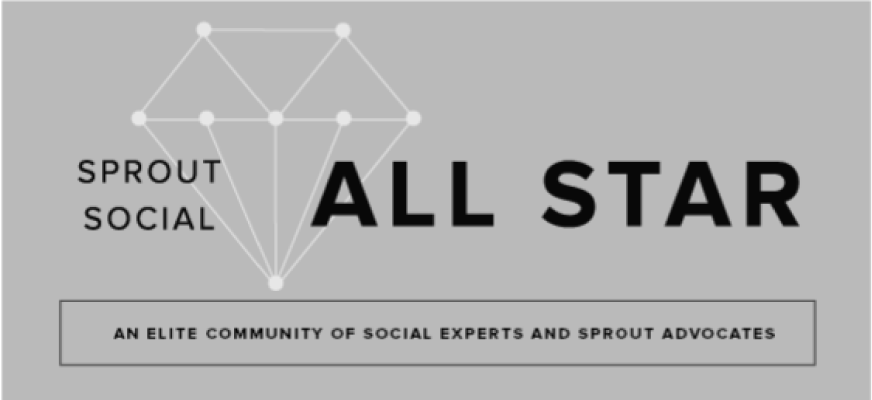We start our content marketing campaigns with all good intentions. Unfortunately, unless we re-evaluate the content that we're publishing on a regular basis over-promotion can creep in!
If your blog posts were celebrity figures, which would they be - Princess Di or Donkey?
 These are two different ends of the modern-day spectrum. But it's worth a moment of thought to ponder how our written words are considered:
These are two different ends of the modern-day spectrum. But it's worth a moment of thought to ponder how our written words are considered:
- With humility and grace.
- As loud and over-anxious.
Always A Lady
When I asked my Facebook contacts to share their impressions of Princess Diana, the responses were favorable and immediate. Overwhelmingly people remarked of her style, grace, care for all others - even when the chips were against her. The comments also reflected her love for her boys.
In short, the feedback was glowing of what Diana made her brand: "The People's Princess." Lady Diana.
Here's a visual reminder:
http://www.youtube.com/watch?v=TIhlp9LL4f8&t=9s
Is your memory of her positive?
Euphoria Parfait
While most will recall Shrek's Donkey as enthusiastic, sensitive, and well-meaning, they may also associate the words talkative, annoying, and disruptive with the waffle-loving character. C'mon, admit it - You love Donkey, but you keep him at a few paces back.
A little fairy tale:
http://www.youtube.com/watch?v=CIcHXgY0KKo
After just a few seconds, what are your thoughts?
Your Reader: Victim or Prospect?
As writers we must think about how our words are perceived by others. What does the reader gain by clicking our link?
Lately, I have seen a trend that makes me uncomfortable: Every post ends in a commercial -- A push-marketing sale-pitch. Even from bloggers that I looked up to and held highly as an example to others.
This concerns me because our readers look to us for credible information. They did not venture to read our words to be consistently sold to:
- "Sign up for my webinar."
- "Contact me, contact me, contact me."
- "Buy my book."
- "Click on this blog post."
Often enough, I've seen this text formatted three times larger than the rest of the post text. I come away unmotivated, and I feel much like Shrek in the video above: Sighing with exhaust.
All Good In Moderation
Our readers arrive at our posts often unknowing neophytes waiting to be educated on whatever topic is our expertise. These are tender moments, as they hold the decision whether to read on or click away. They decide whether they will subscribe to our RSS Feed, or stay away never to visit again.
Don't we owe our readers the style and grace of well-mannered bloggers? Shouldn't we be educating and serving as a point of resource more than we are pleading for our readers to do something for our benefit?
Am I saying that we should never lead to our goodies and services? No. But I am saying that we should remember the 80-20 rule: 80% of our posts are informational, and 20% (or less) should include promotional prose.
Note: I did not define this as 80% of each post being informational and 20% of each post being promotional.
Remember that side bar? Use it! :)
Respect Among Bloggers
In the social space, it's all about sharing. We want our content to be liked, shared, re-tweeted, sent, plussed, linked to, etc.
The purpose for blogging began as a way to continue conversation and to inform. Converse and inform...building community.
So, I ask you, the reader and potential fellow blogger...
If at the end of every blog post it's all, "Pick me, pick me," how is that different from broadcasting?
Another question:
If that is all I see from you, what is my motivation to share your posts?
Do you want your brand to be thought of as serving the people, or self-serving?
Do you agree or disagree?
What points have I forgotten?
Tell me your thoughts in the comments box below...
28 Replies
-
Pingback: How To Use New Facebook Insights For Facebook Marketing Success
-
Pingback: Top 10 Social Media Etiquette Errors - Modern Sales and Marketing - Modern Sales and Marketing
-
I do love this beautiful post, comparison between Princess Diana and Donkey is very unique ideas…
-
I’m qouting some of your lines, would that be okay? great article by the way
-
It’s so nice to be here and learn something new from it, great post…
-
Hmm, this is something to ponder upon. I liked the comparison between Princess Diana and Donkey, very trivial. Thanks for the share!
-
Hi Keri, Great post! I do love to share it on my pinterest, I am pretty sure that my friends will love it too… 🙂
-
Keri! What a wonderful problematic you have pointed out here. And I would go as far to say that blogging, generally speaking, has more donkey than princess to it. As a digital industry professional involved in online advertising, design, marketing, strategy, and technologies since the mid 90s, I was reluctant to call myself a blogger until last year. Because even the digital industry viewed bloggers as donkeys. As a national director at IAB Europe, I can’t tell you how many times bloggers were portrayed as irrelevant and embarrassing to the online conversation. Think of Whole Foods and Safeways talking about roadside fruit stands on a country road. At the same time, I had been writing online (blogging by any other name) since forever.
-
Keri, I am so glad to see this post. I have also noticed this over-promotional trend and am sad to see some of my favorite bloggers following suit. I have sadly un-followed some as they were no longer providing the content that drew me to them to begin with. The most disturbing are those whose tweets lead you to their blog site, only to find out I must do a free download to be able to read the content. And that will of course put me on their mailing list. Isn’t it enough that I am following your blog? I suppose greed and false pride is too blame. Let’s try to remember that the beauty of the blog world is that it is generally a respite from the shouting and multitasking world that we are exposed to everywhere else. An enjoyable read, a thought provoker, a pause from our fast-paced routine… When I read a blog that ends in a big self-promotional plug, I am so turned off that I lose my sense of attention to the content that preceded. Thank you for this excellent post and for pointing out what should be obvious about the 80/20 guideline.
-
I couldn’t agree with you more Keri! Over the last few months I’ve lost respect for some of the bloggers and organisations that I have followed for years because all of a sudden they have started to sell at me at every given opportunity. I’ve also noticed a huge increase in the rate at which some of them produce content especially by email and it is driving me nuts!
-
Keri! I really was curious about this post. The title is great! I agree with you…and not just at the end of the blog posts….I see it everywhere. Sometimes, before you can even read the post a large screen pops up and you actually have to click out if it to read content. It’s annoying, much like Donkey. It also serves a purpose. Before I had a call-to-action at the end of my blog post, I had just a handful of subscribers. I have gained a few more…:) I do not, however, put the call to action after each blog post or when people arrive, and sometimes I just want a comment, no other requirements. I do turn it over to the readers at the end of each post, much like you do, to give them the ‘floor’. They are encouraged to leave a comment and interact. That’s a whole lot nicer than having them sign up for stuff. I have to say: I subscribed to a few blogs of friends of mine and I feel really bad, but I seriously want to unsubscribe. I know they will know I did, when I do, but it’s annoying to see the sales continuously. Hmmm…I think I need another cup of coffee!
-
Don’t always like to be a “yes-man” but I definitely agree with you here. I’ve noticed this to and it could be that every “How-To” post screams at you the important of a strong call to action. While we all have something to sell, be it service or product, we shouldn’t muddy our blog with hard core “shilling”. That’s what landing pages are for. For me, it’s the equivalent of dealing out business cards at a cocktail party. Your blog is your gift. It’s a place where you share your notice and points of view with your readers. Perhaps we can use a department store as an example. Your social media outposts i.e. Twitter, Facebook, G+ is the window display that entices people to come in to your blog and examine your goods more closely. There, they can touch and feel the merchandise and ask questions. As in a store, if the salesperson is too aggressive, defences go up and I start heading for the door. But if the salesperson actually listens and makes relevant and helpful suggestion, I will follow him to the cash register to negotiate my purchase. Thanks for the post and the opportunity to rant. 🙂
-
Hi Keri! I love this topic, it’s all about being human and understand where internet marketing is heading. A very important question to ask when you develop a content strategy is: What do we want people to do when they have read our blog post? And What is the behavior you want to create for your readers after they’re reading your blog? It is very important to create and prioritize calls to action in your blog posts, and you are mentioning some of them above. But when we use them we should know that when we are trying to sell anything before we have earned that right to sell, people will cut us off like they do with push messages. Folks BS radar is strong today and attention is a gift. -Mattias
-
Hey Keri ~ I completely agree with you 100%. IMO if we write every blog post with the intention to help others the best we can, it’s ok to add a call to action or banner ad now and then (80/20), as long as it’s clear to our readers that the commissions we earn help us to maintain and improve the blog site. ~ 🙂
Leave a Reply

Like what you see? We've been told our blog posts are like potato chips: You can't read just one...
Subscribe to receive them fresh in your Inbox, and you can grab our best insights about social media marketing before everyone else sees it!

Relevant Resources
view allThe True Cost Of Letting Peak Sales Periods Pass You By

Three Surprising Signs You’re Still Silencing Your Female Employees

How Ongoing Training In The Workplace Can Drive Long-Term Business Growth






































By Sandra92 on